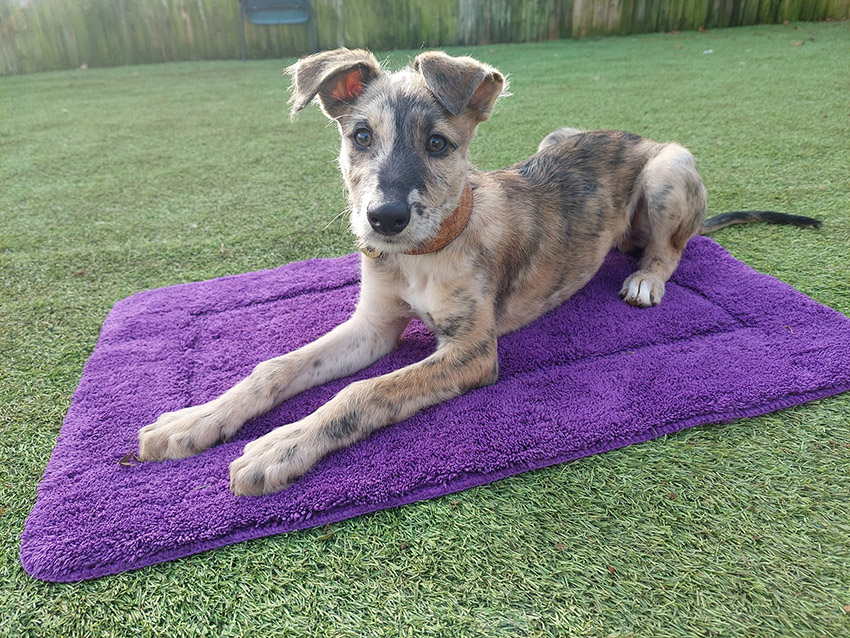New cat
How to set up your home to help your new cat settle in quickly
Cats, Adopters, Cat behaviour, Kitten

It is your job to be your puppy’s guardian, teacher and friend. Puppies need to learn that training is fun for lots of reasons:
Modern training methods revolve entirely around positive reinforcement, the training is always designed to set our dogs up for success. In essence we reward what we want the dog to repeat and ignore behaviours we’d prefer the dogs not repeat. Force-free training is about using our brains to train a dog, by utilising theirs!
Before you book a training class, ask about the trainer’s qualifications and experience. Sadly, there are currently no restrictions on who can set up a training class, so you need to be careful who you are trusting your dog’s future with. Ideally, they should be registered with the APDT (the Association of Pet Dog Trainers).
LINK » Find a dog trainer on the APDT website
If you need help with specific behaviours or issues, you will go to a behaviourist rather than a trainer. Look for behaviourists registered with the APBC (Association of Pet Behaviour Counsellors).
LINK » Find a dog behaviourist on the APBC website
In the past trainers would use aversive methods on dogs sometimes referred to as corrections, these methods can range from telling a dog off, to yanking the dog with a choke chain, or even using violence. These methods have been proven time and time again by behavioural experts around the world to be an ineffective way of changing a dog’s behaviour in the long term and will in addition have a very negative impact on the bond between owner and dog.
Old fashioned trainers used to criticise the use of food in dog training as being a form of bribery and stated that dogs should work for us purely because they want to please us. How many people go to work to please the company they work for? How many of us would work for free? Dogs need payment too, and food is a great way to reward a dog for good behaviour. Some dogs are more motivated by toys than food, others enjoy life reward such as sniffing interesting scents, and others thrive on human attention.